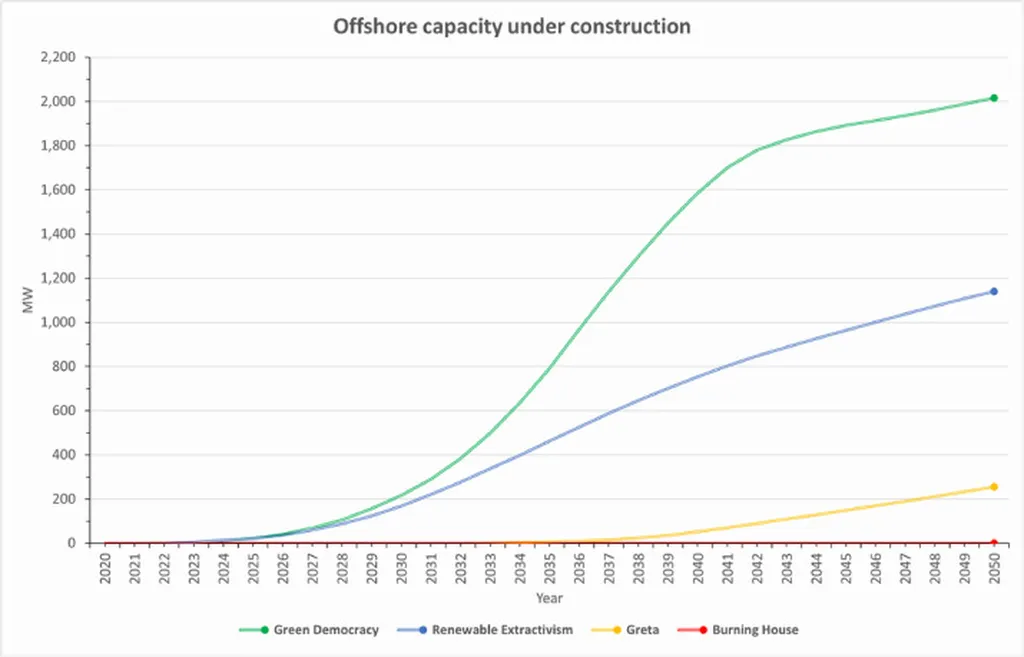In the heart of Colombia’s complex energy landscape, a groundbreaking study led by Melissa Valencia-Duque from the Universidad Tecnológica de Pereira is paving the way for a more sustainable and efficient future. Published in the journal *Results in Engineering*, the research offers a comprehensive evaluation of energy efficiency strategies in electric power generation, providing valuable insights for the energy sector.
Colombia’s energy sector faces significant challenges, including vulnerability to climatic events, rising resource prices, and declining oil self-sufficiency. These issues threaten the country’s energy, economic, and environmental development. Valencia-Duque’s study addresses these challenges head-on, proposing a robust assessment using sustainability indicators and multi-criteria analysis.
The research employs the TOPSIS (Technique for Order of Preference by Similarity to Ideal Solution) method to prospect energy scenarios and LASSO (Least Absolute Shrinkage and Selection Operator) regression to forecast sustainable electricity generation. “Our goal was to create a framework that could guide Colombia towards a just energy transition,” Valencia-Duque explains. The study presents historical data on variables related to electricity generation, from which energy, economic, and environmental indicators were calculated to establish a baseline.
Four scenarios were analyzed: Update, Modernization, Inflection, and Disruption. Each scenario explores variations associated with generation expansion and technological modernization strategies by type of plant. The results are promising, particularly for the Disruption Scenario, which achieves up to 95.3% efficiency in hydroelectric plants and 61.7% in wind power plants. This scenario also projects a 34% reduction in fossil fuel use compared to 2021 and a carbon emissions intensity of 61.8 kgCO₂eq/USD in 2030.
Valencia-Duque highlights the performance of wind and hydropower plants, which showed the highest performance in all evaluated criteria. “These findings underscore the potential of renewable energy sources to drive efficiency and sustainability in Colombia’s energy sector,” she notes.
The study’s forecasting model, based on LASSO regression, achieved a Mean Absolute Percentage Error (MAPE) of 1.2% and an R² of 0.989, demonstrating high accuracy in predicting future energy scenarios. This model could be a game-changer for energy planners and policymakers, providing a reliable tool for decision-making.
The implications of this research extend beyond Colombia, offering valuable insights for other countries grappling with similar energy challenges. As the world moves towards a more sustainable future, the need for efficient and effective energy strategies has never been greater. Valencia-Duque’s work provides a roadmap for achieving these goals, highlighting the importance of renewable energy and technological innovation.
In the words of Valencia-Duque, “This research is not just about improving energy efficiency; it’s about building a more sustainable and just future for all.” As the energy sector continues to evolve, studies like this one will be crucial in shaping the policies and strategies that will define the future of energy.

